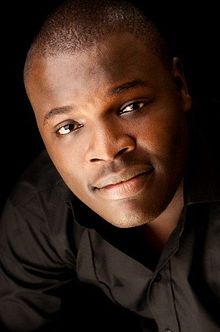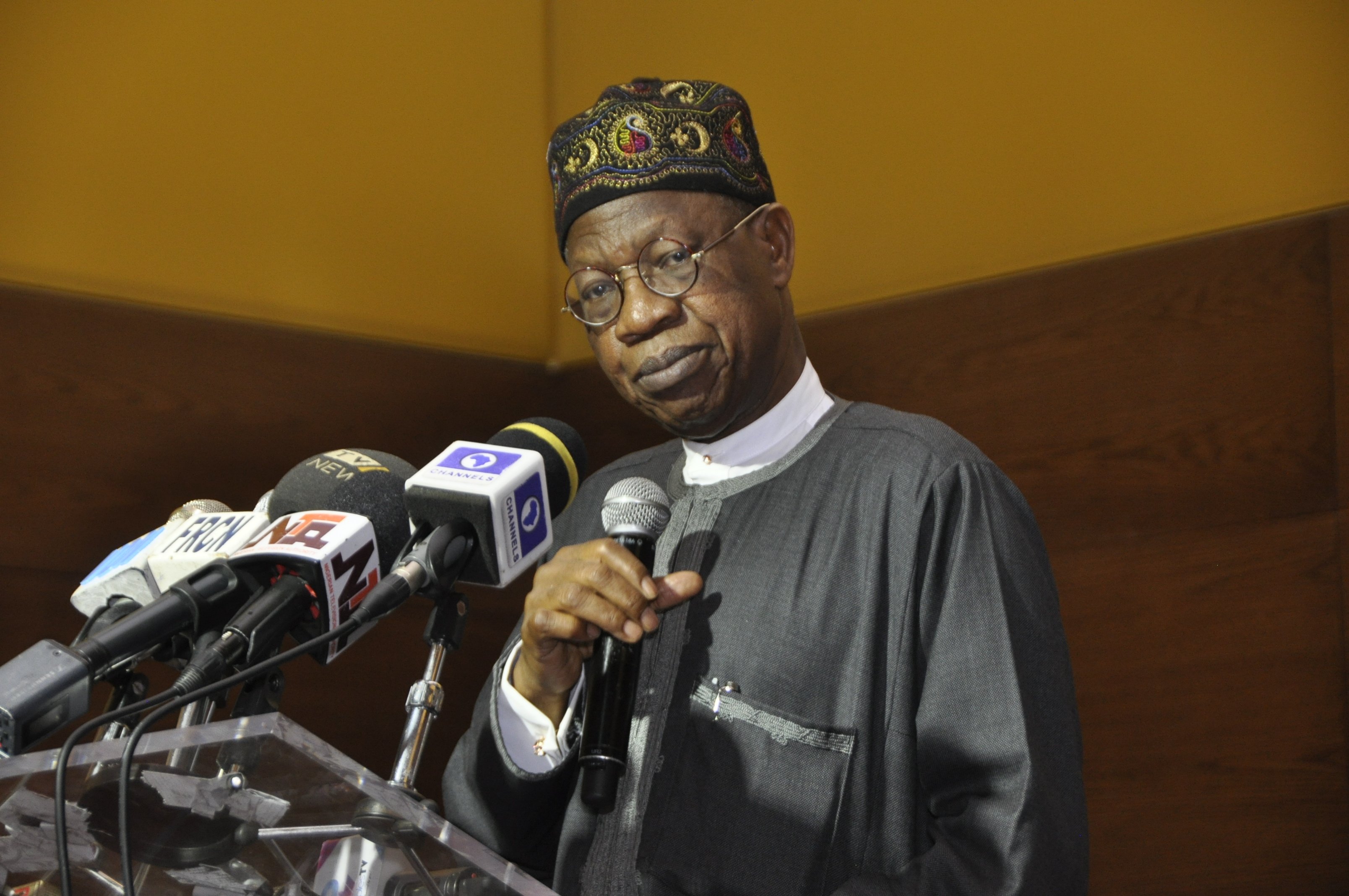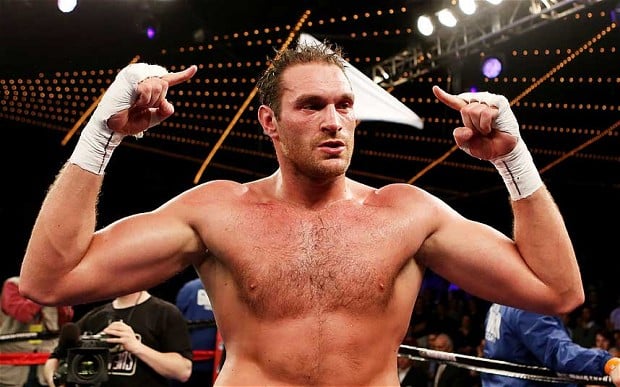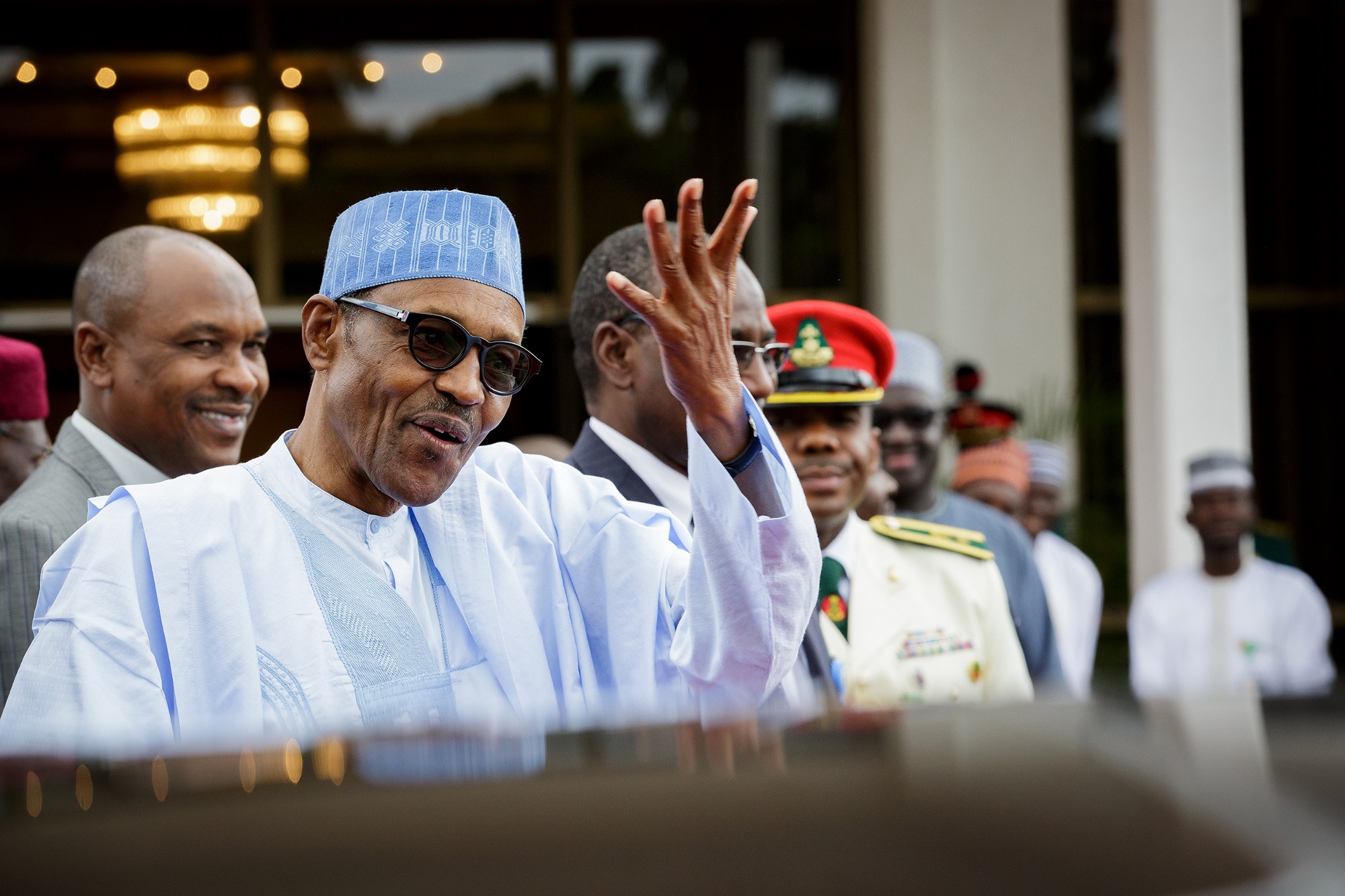Do our billionaires believe in nothing?
This question came to me just after I spent the past hour with one of the most striking young people I have met recently.
While a good number of young people talk a good game about political participation and youth engagement beyond civil society, he has actually taken the plunge. Put his energy where his mouth is. He is a national leader with one of the presently 42 registered political parties in Nigeria.
But he was tired. He was mentally exhausted from the effort of trying to make a different in politics. And he was deeply disturbed about his capacity to actually shake things up in a way that truly makes a difference in Nigeria’s next elections, and permanently.
Advertisement
He was mostly tired for one simple fact: he still hasn’t been able to access the resources he needs to road test his ideas.
Now, of course, this is at the same time the Economic and Financial Crimes Commission – thanks to a choir of whistleblowers – has discovered a new sport – photography; millions of dollars recovered from the houses of a cacophony of Nigeria’s ex and present leaders.
And so, both these realities got me thinking.
Advertisement
They got me thinking about just how much money exists in the Nigerian state, how much unearned and undeserved money flows from hand to hand, either gotten through the unfair advantage of connections in an inequitable environment, secured directly as the proceeds of corrupt activity, acquired by proximity to power, given through immoral government concessions that either create monopolies or stifle competition, or gained by doing painfully little work while being maintained lavishly by the Nigerian political system.
In short: there is a lot of money flowing in Nigeria.
These monies power boutiques in major cities that rarely see customers, import and export businesses without paper trail; buildings, estates and developments springing up like plantations in Ikoyi and from Lekki’s first roundabout, high rise buildings that hang in the skies at the speed of light in Victoria Island, a corpulence of hotels and resorts with questionable ownerships, and an assortment of private businesses whose origins cannot be traced.
So in addition to the plenty of money flowing in Nigeria, much of this abundance is held hostage by people who didn’t create any value to get it.
Advertisement
Easy money.
That is one problem.
Then there is the other problem, and it is the most important one: what do Nigeria’s wealthy do with all the money that they have?
Now, this question applies both to those who secured what I have called easy money, and the minority who actually created value for society – for both, this question: what do they mostly do, for the long term, with the resources they have secured?
Advertisement
There are two major contexts in which this question can be asked – one is basic philanthropy, and the other is long term nation building such as we can find in Europe and North America.
On the first score, Nigeria’s wealthy have done very poorly.
Advertisement
Institutional philanthropy in Nigeria by the wealthy is almost so minuscule that it doesn’t matter. While there is an abundance of problems around us, huge social craters that swallow the powerless, Nigeria’s billionaires continue to be miserly about their resources.
Yes, they build the random church or mosque, but beyond this they keep the vast majority of their wealth indoors, locked into their families, as if blind to the realities of their immediate society.
Advertisement
Where they step out of their cocoons, it is usually to gather a small number of widows together and share tiny sums alongside bags of rice, enough to be seen as doing something, while making negligible impact relative to the amount of wealth that they have and the capacity they can bring to bear.
This is a shame. Especially when you remember that many of them climbed into this wealth by exploiting (legitimately or not) the lack of institutions and broken down systems that made many poor and helpless in a land of plenty resources.
Advertisement
Where are the foundations, and the donations, and the networks formed not just at the apogee of wealth (when they want to gain credibility with their peers at international gatherings where organised philanthropy is the price of entry), but as a lifestyle guiding their decisions as they built wealth along the way? What are the things they have always believed in and have always been passionate about – gender equality, access to water, entrepreneurship, art, something – and that they have always supported?
Not just handouts that are convenient, not conventional charity, but the systemic giving that now defines global charity, and is making a difference in most parts of the open world.
There is very little. And yet they have so much.
Then beyond charity, there is direct nation building, and this is my particular concern.
These wealthy people, they live amongst us, in a nation of abundant poverty and lack of opportunity, and they know the problems our country face as well as its singular problem. Nigeria’s problems, at their very root, are a problem of bad governance.
Bad leaders. Everything else flows from this foundation.
Nigerians love America, and so let’s talk a bit about America.
America’s billionaires are nothing if not aggressively civic-minded – whether they are tech investors or casino moguls. Beyond philanthropy, some of the biggest sponsors of political engagement and civil society in many parts of the world are the fruits of long-term, wide-ranging American wealth-investment, including from billionaires like George Soros or Bill Gates.
America’s politics sees robust grassroots and top-of-chain investment by a roll call of liberal and conservative billionaires including Charles and David Koch, Sheldon Adelson, Peter Thiel, Robert Mercer, Lynn Forester de Rothschild, and a roll call of players passionate about making a real difference.
Its current secretary of education, Betty DeVos, became a lightning rod during her nomination because of her well known advocacy and investment in recreating the education system in her country – heavily involved in issues of school choice and charter schools. She and her husband were billionaires who – unlike many of Nigeria’s wealthiest old and young – stood for something.
This crop of America’s ultra-rich routinely invest in and donate to political action committees, civil society organisations and a circle of participants in politics and community organization all through the various cycles of governance and nation building, always excited to find those with ideas, passion and structure that can advance the ideas they are passionate about.
Soros is a particular model of mine.
A Nazi-Germany escapee and thus a keen witness to the effect of societies broken down by bigotry and prejudice, he has given his life to spreading his wealth in and out of his country, to build and sustain open societies that value the press, that protect civil society and that ensure sustainable democracies.
He believes passionately. And he puts his money where his mouth is. “Between 1979 and 2011, Soros donated more than $11 billion to various philanthropic causes,” according to TIME. “He played a significant role in the peaceful transition from communism to capitalism in Eastern Europe in the late 1980s and early 1990s, and provided one of Europe’s largest higher education endowments to the Central European University in his hometown.”
It’s a thing of beauty to watch.
Nigeria, however, is a peculiar space, where businessmen in the open pretend like politics is not a part of our lives and doesn’t affect their decisions, while behind the scenes that’s where they focus most of their attention in order to maintain their advantages.
Where they get involved in politics and political action, it is confined solely to finding money that surreptitiously sponsors candidates, especially candidates from the ruling party, solely and crassly to generate some short-term political benefit to themselves. There is never any attempt towards enlightened self-interest, or a goal bigger than their selves.
Where they engage in civil society, it is often clearly a ploy to bolster their own international brands, to rub shoulders with other global do-gooders at international elite for a where this is the modern price for entry; to find a way to locate themselves in a defining global conversation about philanthropy. It never seems to come from their life experiences, passionate causes, and homegrown imperatives.
Do our billionaires believe in nothing? Do they have no causes very dear to their hearts that galvanise their energies and engage their hearts and minds – issues that they can work on while or after they have made their wealth?
One has to wonder.
This is an important conversation to have because, for Nigeria to make any real change fast, investment in philanthropy and politics is required.
For the latter, not just the investment by those who want to win elections, or who want to win elections for their friends, but investment by those who believe in the long-term strategy of bottom-up civic engagement. People who can invest in galvanising Nigerians around a common cause, whether that cause is federalism, socialism or maybe even individualism.
These people must be willing to help create, or build the capacity of existing vehicles of popular will, who can organise, and those especially who are actively involved or interested in political activity. They may be candidates, or they may be those like the young man in my office who are willing to help enable the platforms that attract a different kind of leader.
He is a passionate twenty-something with deep experience working across the grassroots in political engineering, giving his life as it were in the only way he has the capacity to do at this time, bursting with ideas that can actually make a difference or at least get refined through failure. He needs to know that there are people who care enough to make this sacrifice worth it; who will give their resources as he has given his.
But, like very many others, he is desperately alone, and so very soon they will give up, and it will remain business as usual.
Ultimately, we will thus continue to fail to attract the brightest and best from amongst us, young and old.
Here is the deal. In a country like ours where politics is so dirty, the brightest and best will usually not get involved except perhaps as professionals providing a service. They will instead gravitate into areas that will reward their talents, including business or employment.
They will not leave their sources of income, where they are able to associate effort with value, to engage in the full-risk of playing in a terrain where nothing is sure.
Political activity has therefore been left to half-baked student union activists with nothing else to do with their time, and nary the capacity to effect real change. They are, like their forbears who manage to make it into public office, simply there to take power.
But this tragedy can be helped. But solving the problem will require massive investment. Usually not the investment of small time entrepreneurs still building their businesses, but of those with free cash flows.
These people will provide the risk capital that will enable a set of thinkers and doers to provide the framework for sustainable nation building.
Here is the summation of the case: The players we have in our political space today are not the best that we have, and not the best we can find. They are have arrived at destinations only to accumulate and keep political power.
To ensure a new cadre of players in that space, the well resourced will have to find the young and old who have practical, transformational ideas for engaging and restructuring. They will have to stand in their gap for their nation by investing in those people.
We need our billionaires to invest directly in civil society and politics. They can speed up the change we need faster if they make this long-term call.
This current path of practised disinterest in anything that doesn’t bring immediate return is not a pretty sight. It’s really ugly to watch.
Jideonwo is co-founder and managing partner of RED (www.redafrica.xyz), which brands including Y!/YNaija.com and governance consulting firm, StateCraft Inc (www.statecraftinc.com). Office of the Citizen (OOTC) is his latest essay series.







